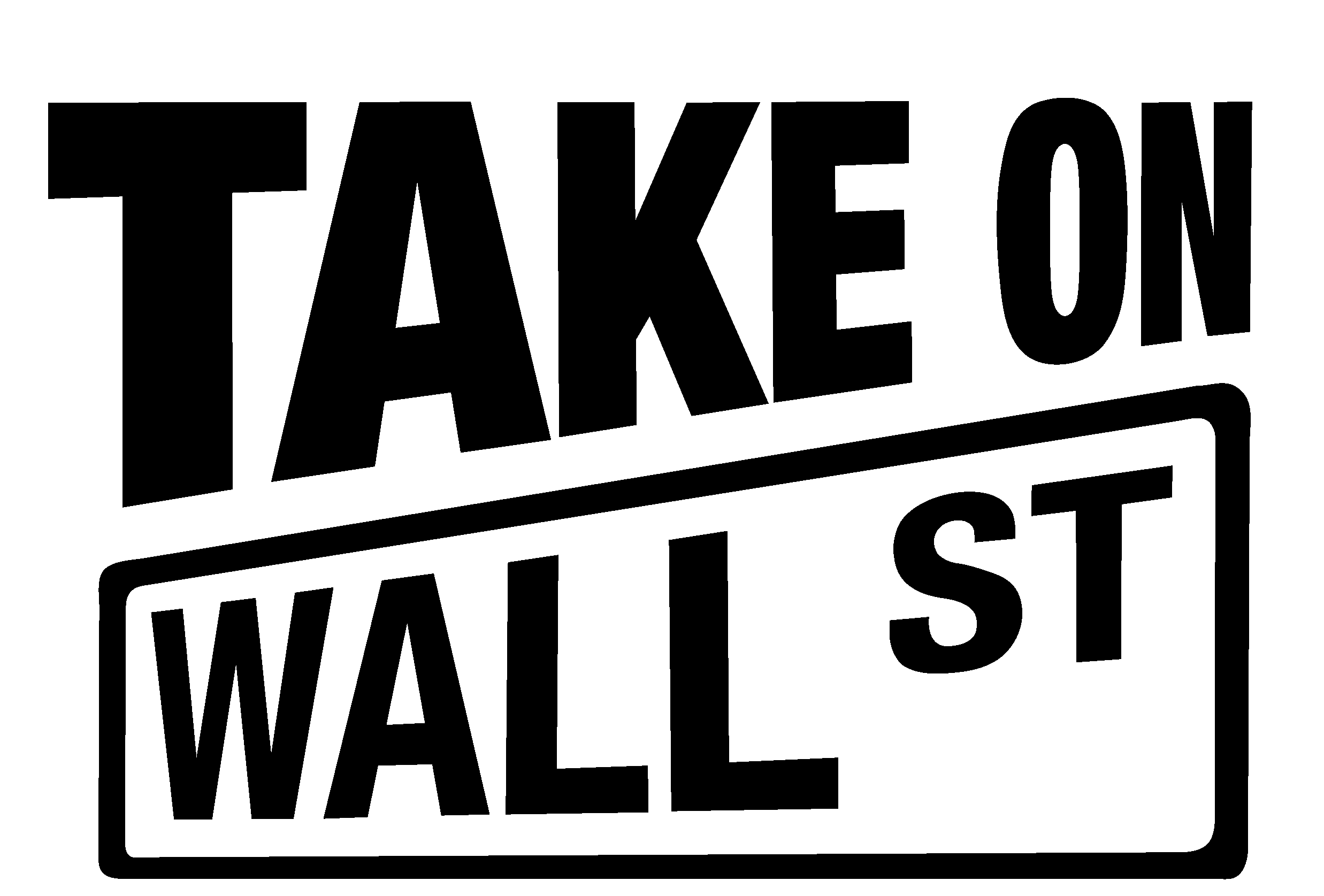This post was guest authored by Max Moran.
 Every four years, Wall Street and corporate America dance the same three-step shuffle: first, Michael Bloomberg teases a run for president. Next, the American people groan. Finally, Wall Street clutches its banker’s collars and wonders why the public just doesn’t seem to want a billionaire tycoon in the White House. After all, Bloomberg and his banking buddies are self-described centrists — they supposedly represent the consensus views of the people. So why won’t the people rally behind them?
Every four years, Wall Street and corporate America dance the same three-step shuffle: first, Michael Bloomberg teases a run for president. Next, the American people groan. Finally, Wall Street clutches its banker’s collars and wonders why the public just doesn’t seem to want a billionaire tycoon in the White House. After all, Bloomberg and his banking buddies are self-described centrists — they supposedly represent the consensus views of the people. So why won’t the people rally behind them?
The answer is simple: what the one-percent calls “centrism” bears little practical relation to what the majority of Americans actually want. This week, the perfect case-in-point is playing out.
Howard Schultz, the ex-CEO of Starbucks, announced on Monday that he’s actively considering a bid for the presidency, specifically as an independent. Schultz says he’ll make up his mind once his current book tour wraps up in March.
If he runs, Schultz claims that he’ll speak squarely to the center of American politics. “We have a broken political system with both parties basically in business to preserve their own ideology without a recognition and responsibility to represent the interests of the American people,” Schultz told the New York Times.
So what are the interests of the American people? Lower taxes and less accountability for billionaires, according to Schultz. His main reason for running as an independent is his refusal to associate with a Democratic party that’s even considering higher taxes on people like him. He won’t join the Democratic primary because “I don’t know their views represent the majority of Americans. I don’t think we want a 70 percent income tax in America.”
It turns out, we do. A Hill/HarrisX poll found that a majority of Americans absolutely support a 70 percent marginal tax rate on the extremely wealthy, as proposed by Representative Alexandria Ocasio-Cortez. Indeed, 45% of Republican voters back the plan.
And an Axios/SurveyMonkey poll found 71% of independents would support a candidate who promises to reform an economic system they see as “skewed toward the wealthy.”
Voters are especially furious at big Wall Street banks, wanting to see them reigned in even more than fossil fuel companies and Comcast, according to a Morning Consult poll from December. A poll from the neoconservative American Enterprise Institute had to conclude that 10 years after the financial crisis, only 3 in 10 voters have faith in the big banks that dominate our economy. Not even the Koch brothers could slice the data in a pro-plutocrat light: their survey found 69% of Americans support “more regulation of Wall Street,” and that strong majorities back a $15 minimum wage, universal health care, and free college. (For more on America’s views on Wall Street, click here.)
So if Schultz plans to meet voters in the center, he’s got a long distance to travel.
The consensus in America is firmly against policies that favor one-percenters like him. At best, Schultz simply can’t see past his own privilege. At worst, he is tacitly blackmailing the Democratic party into avoiding the pro-working people, anti-Wall Street impulse that is ascendant among the 2020 contenders.
Schultz is an avatar for Wall Street’s confessed fears. But Wall Street and the CEO class can only avoid their own unpopularity for so long. After all, even Bloomberg thinks Schultz is full of it.

Leave a Reply